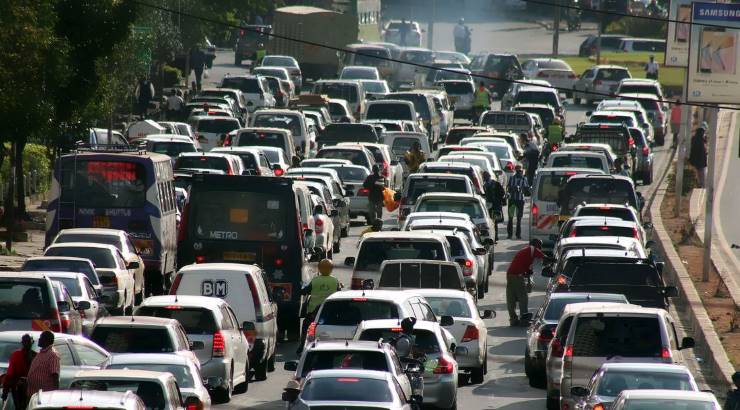Industry News
Kenya Seeks Investors to Build, Operate Nairobi Toll Roads
The move sets the stage for the execution of the controversial road toll policy.

Nearly six years after the collapse of the Nairobi Urban Toll Road Concession Project, Kenya is now seeking to recruit a private investor to build, maintain, and operate toll stations on two major roads in Nairobi.
The Kenya National Highways Authority (KeNHA) has initiated the procurement process for an investor to maintain and operate the Southern Bypass and the Nairobi-Nakuru-Mau Summit road.
The move sets the stage for the execution of the road toll policy under which motorists will start paying to use the roads.
Unlike the Nairobi Urban Toll Road Concession Project which was to be financed by the World Bank, the new toll roads will be built through a Public Private Partnership (PPP) model where the successful investor will be required to design, finance and build sections of the Nairobi-Mau Summit road that need rehabilitation.
The investor will be allowed to charge toll fees for a specific number of years to recoup his investment, before transferring the road to the government at the end of the deal.
“The project consists of the widening, improvement, operation, and maintenance of various sections of the highway between Nairobi and Mau Summit,” KeNHA said on Tuesday.
RELATED: Kenya Scouts for Wealthy Investors to Build Toll Roads
According to KeNHA, the scope of work will include the expansion of the 175km Rironi-Mau Summit road to a four-lane dual carriageway, the reinforcement of the 58km Rironi-Naivasha road, as well as the maintenance of the 12km road from Gitaru to Rironi and the 28.6km Southern Bypass.
Other roads that Kenya has primed for toll station erection include the Thika Superhighway, the Nairobi-Mombasa highway, and a second Nyali bridge that will connect Mombasa Island to the mainland.
Toll roads were first introduced in the country in the late 1980s, but were eliminated in the mid-1990s in favour of the Roads Maintenance Levy due to widespread corruption at the toll stations.
The government had in 2007 planned to re-introduce toll roads in the country starting with the Nairobi Urban Toll Road Concession Project, which was to be undertaken by Strabag International, but the plan flopped in 2011 after the World Bank withdrew its financial support.














